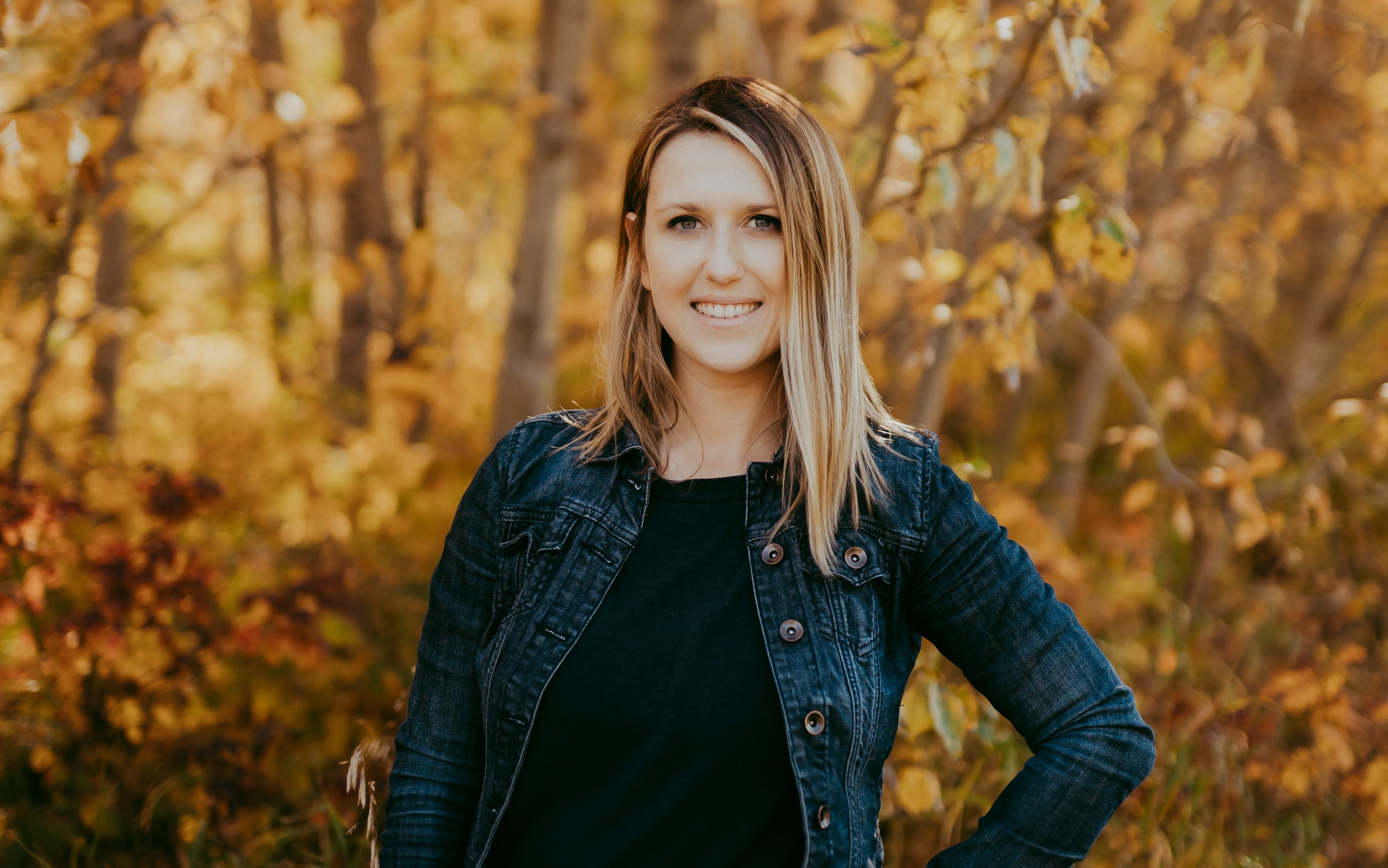A PhD Candidate in Political Science at the University of Alberta and professional researcher with experience leading applied and academic research projects across sectors.
Recipient of the Joseph-Armand Bombardier Canada Graduate Scholarship – Doctoral
